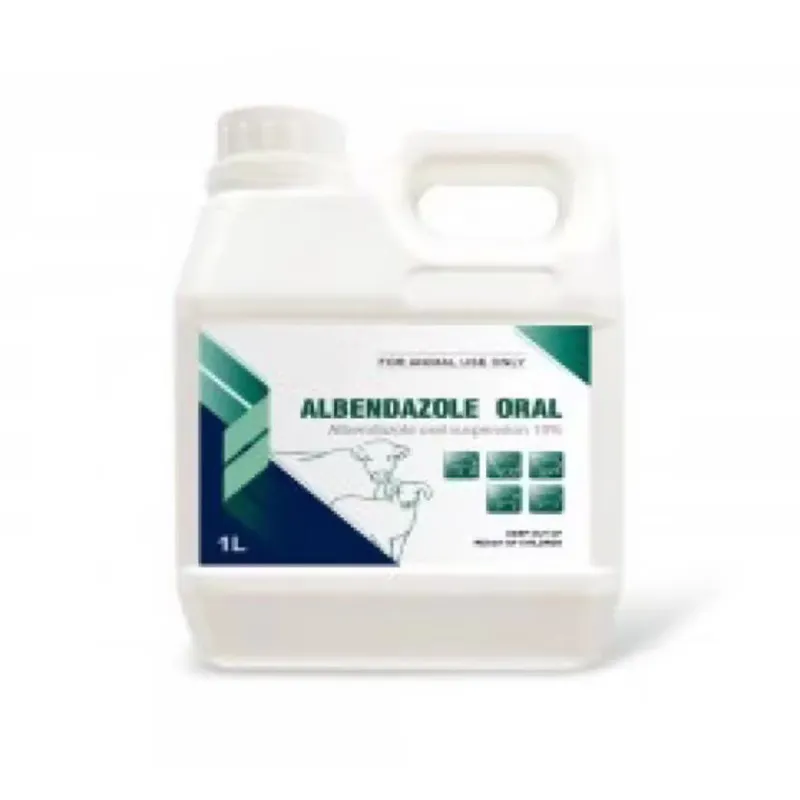- Afrikaans
- Albanian
- Amharic
- Arabic
- Armenian
- Azerbaijani
- Basque
- Belarusian
- Bengali
- Bosnian
- Bulgarian
- Catalan
- Cebuano
- Corsican
- Croatian
- Czech
- Danish
- Dutch
- English
- Esperanto
- Estonian
- Finnish
- French
- Frisian
- Galician
- Georgian
- German
- Greek
- Gujarati
- Haitian Creole
- hausa
- hawaiian
- Hebrew
- Hindi
- Miao
- Hungarian
- Icelandic
- igbo
- Indonesian
- irish
- Italian
- Japanese
- Javanese
- Kannada
- kazakh
- Khmer
- Rwandese
- Korean
- Kurdish
- Kyrgyz
- Lao
- Latin
- Latvian
- Lithuanian
- Luxembourgish
- Macedonian
- Malgashi
- Malay
- Malayalam
- Maltese
- Maori
- Marathi
- Mongolian
- Myanmar
- Nepali
- Norwegian
- Norwegian
- Occitan
- Pashto
- Persian
- Polish
- Portuguese
- Punjabi
- Romanian
- Russian
- Samoan
- Scottish Gaelic
- Serbian
- Sesotho
- Shona
- Sindhi
- Sinhala
- Slovak
- Slovenian
- Somali
- Spanish
- Sundanese
- Swahili
- Swedish
- Tagalog
- Tajik
- Tamil
- Tatar
- Telugu
- Thai
- Turkish
- Turkmen
- Ukrainian
- Urdu
- Uighur
- Uzbek
- Vietnamese
- Welsh
- Bantu
- Yiddish
- Yoruba
- Zulu
7 月 . 20, 2024 10:27 Back to list
Ivermectin 1% Injectable Solution Available for Purchase Online at Competitive Prices
Ivermectin 1% Injectable An Essential Overview
Ivermectin is a broad-spectrum antiparasitic agent that has gained significant attention in both veterinary and human medicine. Initially developed to treat various parasitic infections, its versatility has expanded over the years. Among the various formulations available, the 1% injectable solution of ivermectin has emerged as a widely used option, particularly in veterinary practices for the treatment of numerous parasitic infections in animals.
What is Ivermectin?
Ivermectin is a macrocyclic lactone that belongs to the class of drugs known as anthelmintics, which means it is effective against helminth (worm) infections. It works by binding to the glutamate-gated chloride channels in the parasites' nerve and muscle cells, leading to paralysis and death of the parasites. This mechanism of action makes it effective against a variety of parasites, including roundworms, mites, and certain ectoparasites such as lice and ticks.
In veterinary medicine, ivermectin is commonly administered to livestock, pets, and horses. The injectable formulation is particularly beneficial as it allows for rapid absorption and provides a prolonged duration of action, making it suitable for the treatment of systemic infections.
Uses of Ivermectin 1% Injectable
The 1% injectable formulation of ivermectin is employed primarily in livestock and companion animals
. It is effective in treating infections caused by1. Nematodes Such as Strongylus vulgaris in horses and various species of roundworms in ruminants. 2. Ectoparasites Including mites, ticks, and lice, which can cause significant discomfort and health issues in animals. 3. Larvae of Dirofilaria immitis In dogs, effective for heartworm prevention when administered as part of a comprehensive parasite control program.
ivermectin 1 injectable for sale

In addition to its antiparasitic properties, ivermectin has been studied for its antiviral effects against certain viruses, although this usage remains primarily within experimental settings.
Safety and Dosage
When considering the use of 1% injectable ivermectin, it is crucial to adhere to proper dosing protocols as prescribed by a qualified veterinarian. Overdose can lead to adverse effects, particularly in certain breeds of dogs, such as Collies, which possess a genetic mutation that makes them sensitive to ivermectin. Common side effects of ivermectin overdose can include ataxia, drooling, and lethargy.
Regulatory Considerations
Ivermectin's regulatory status varies by country. In many regions, it is classified as a prescription medication, necessitating veterinary oversight for its use. This is especially important in food-producing animals, where withdrawal times must be observed to ensure food safety for human consumption.
Conclusion
Ivermectin 1% injectable is a valuable tool in the management of parasitic infections in animals. Its effectiveness, ease of administration, and longstanding safety profile make it a favored choice among veterinarians. However, responsible usage under professional guidance is essential to avoid possible adverse effects and ensure the well-being of the animals treated.
As research continues to explore the full potential of ivermectin, including its applications in different fields, it remains a key player in veterinary medicine and parasite management. Awareness of its properties, uses, and regulatory considerations is vital for anyone involved in the care of animals and the management of their health.
-
The Power of Radix Isatidis Extract for Your Health and Wellness
NewsOct.29,2024
-
Neomycin Sulfate Soluble Powder: A Versatile Solution for Pet Health
NewsOct.29,2024
-
Lincomycin Hydrochloride Soluble Powder – The Essential Solution
NewsOct.29,2024
-
Garamycin Gentamicin Sulfate for Effective Infection Control
NewsOct.29,2024
-
Doxycycline Hyclate Soluble Powder: Your Antibiotic Needs
NewsOct.29,2024
-
Tilmicosin Premix: The Ultimate Solution for Poultry Health
NewsOct.29,2024













